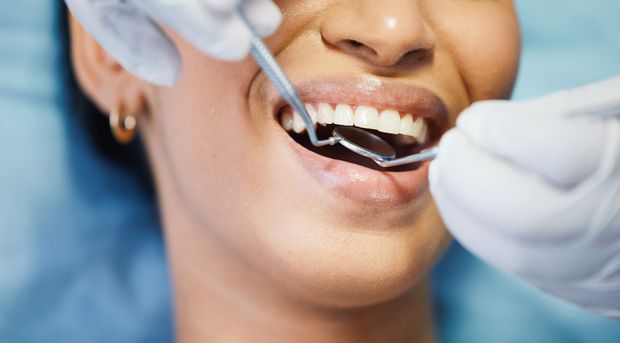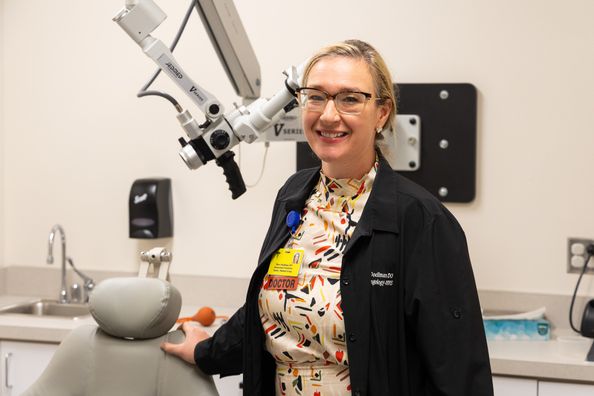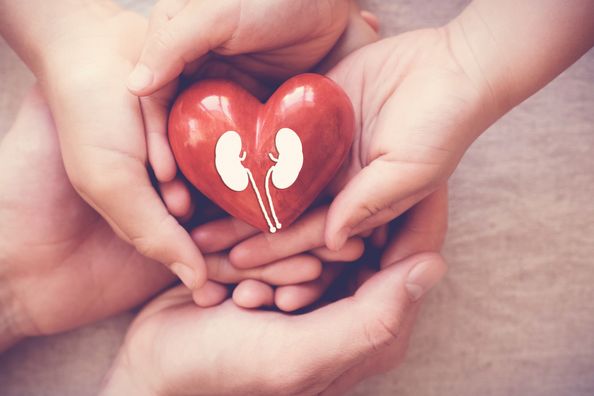Two years into the pandemic, routine health visits have become more important than ever. That includes dental visits.
New studies published in The Journal of the American Dental Association emphasize the importance of regular dental visits in the prevention of oral cancer. New research finds that pandemic-driven behaviors – such as higher tobacco and alcohol use, poor diet, poor oral hygiene, and delayed dental care – may increase the risk of oral cancer. As a result, the study suggests more people may be diagnosed at a later stage, making treatment more difficult.
Quincy Medical Group (QMG) Oral Surgeon Dr. Erin Sheffield stated, “The pandemic has taken a toll on all of us. Changes in routine, increased anxiety, boredom, and changes in access to health and dental care have all had an impact. There has been an increase in tobacco use, alcohol use, and overall increase in poor health care habits such as poor diet and exercise during the pandemic as well as decreased HPV vaccination in teens. All of these can increase the risk of oral cancer in the short term, but more importantly, over a lifetime if these habits stick.”
Many cases of oral cancer can be prevented through routine dental visits and healthy lifestyle choices.
“The most obvious way to prevent oral cancer is to stay away from tobacco products. And if you combine tobacco use with alcohol, they have a synergistic effect on increasing your oral cancer risk,” she said.
Another way to prevent the disease is through the Human Papillomavirus, or HPV, vaccination. Dr. Sheffield said that the HPV vaccine is recommended for girls and boys between ages 11 and 12.
“One of the most effective, easy, and important ways to protect yourself and your children is through the HPV vaccination,” Dr. Sheffield shared. “This vaccine can literally prevent cancer. HPV-related oral cancers are on the rise and in healthy young people who have never smoked.”
Dr. Sheffield added that it’s also important to be aware of the signs and symptoms of oral cancer.
“Keep an eye on your mouth. Look in the mirror, check your gums and your tongue. If you have any white or red patches or sores that don’t resolve in two weeks these should be checked by your dentist. Monitor for changes and see your dentist every six months.”
For more information on Oral and Maxillofacial Surgery at QMG, visit https://quincymedgroup.com/med….
Health Topics:







